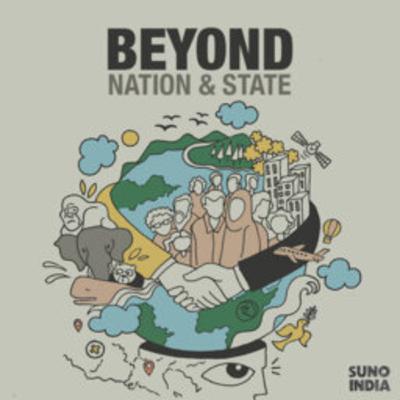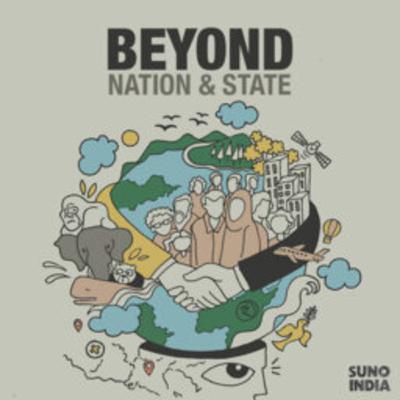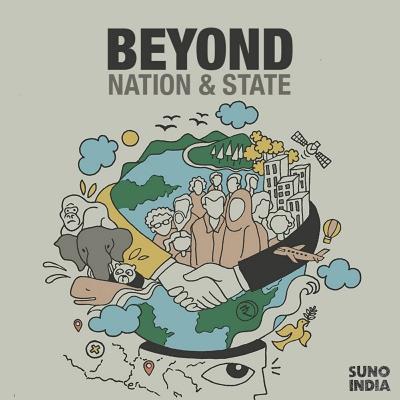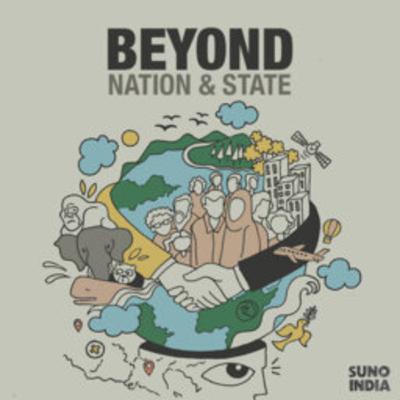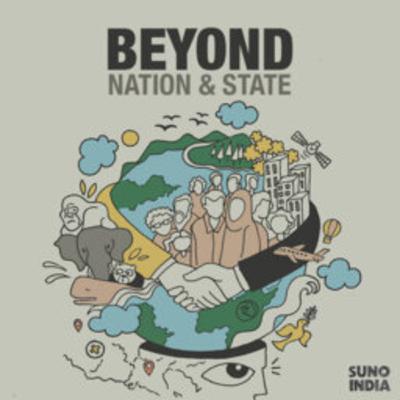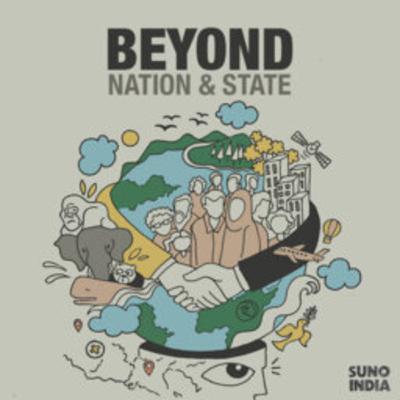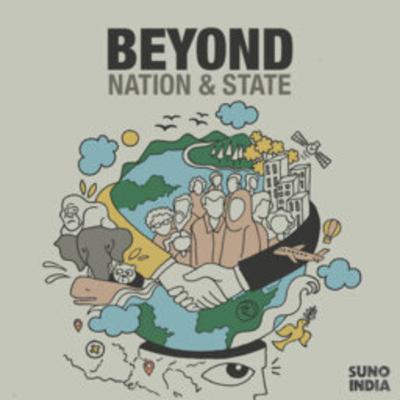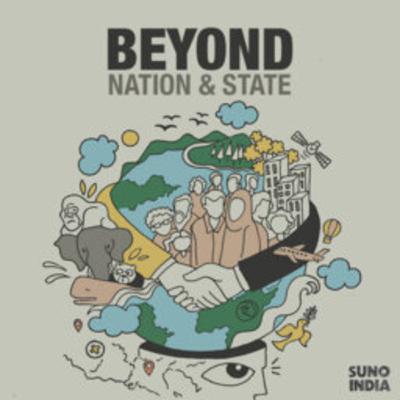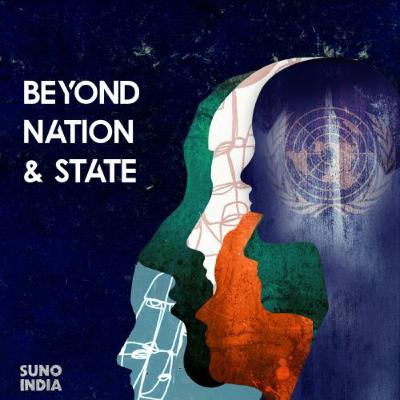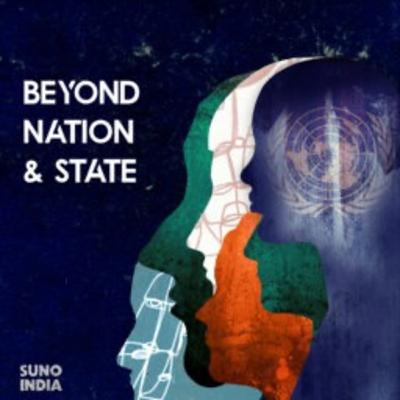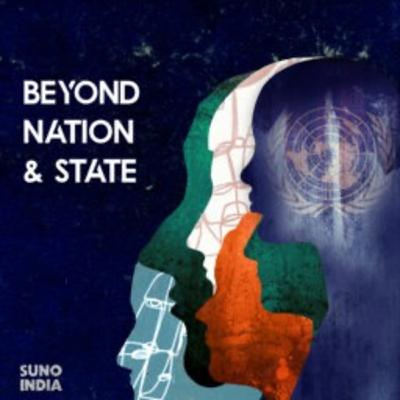Caste and its absence from critiques of Indian foreign policy
Description
The discipline of international relations and its practice, which includes foreign policy, is an esoteric field. Debates on foreign policy and international relations are abstract and rarefied as if it doesn’t affect the lives of people. But on the contrary, foreign policy decisions affect all kinds of things that matter to people - it can decide whether a country is at war or not, the prices of food, medicines and consumer goods, borders and citizenship, travel and mobility and much more. Who makes foreign policy? In India, it’s usually the External Affairs Minister, Prime Minister and Foreign Secretary who have a say in foreign policymaking. Bureaucrats, academicians and professors, think tank communities and journalists too, play a role.
But who really are these people? Do they hail from a certain socio-economic background which can be described as ‘elite’? Are they only from a particular class and or also from a certain caste? Do the socio-cultural and economic backgrounds of decision-makers affect how foreign policy is made?
The guest on the fifth episode of Beyond Nation and State is Pavan Kumar, a PhD candidate at Jawaharlal Nehru University’s Centre for International Politics, Organizations and Disarmament. Pavan’s research interests are history of India's foreign policy, theories of international relations, gender, and caste. He recently submitted his PhD thesis on Vallabhai Patel’s approach to India’s foreign policy
See sunoindia.in/privacy-policy for privacy information.

